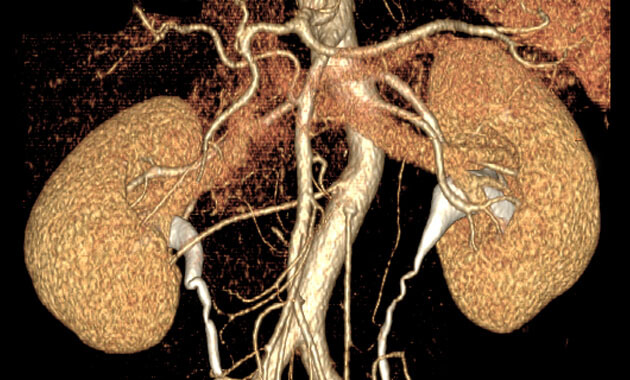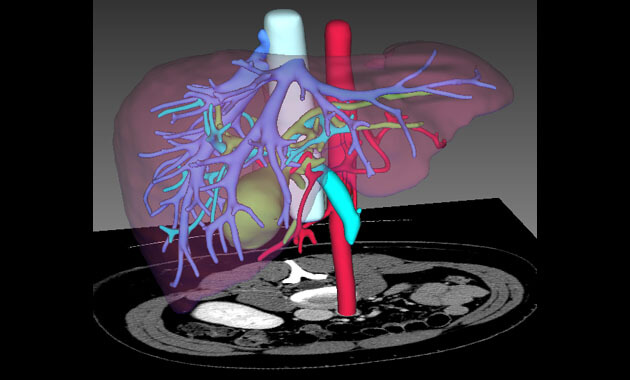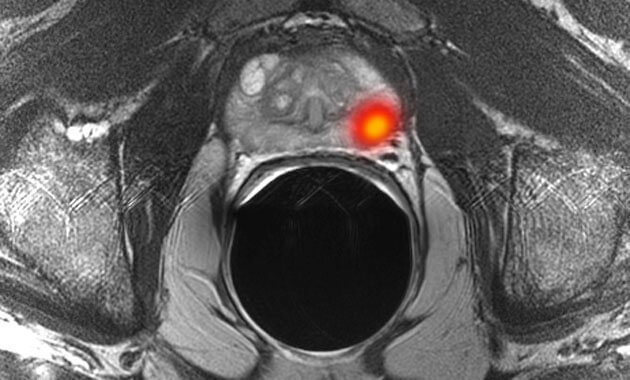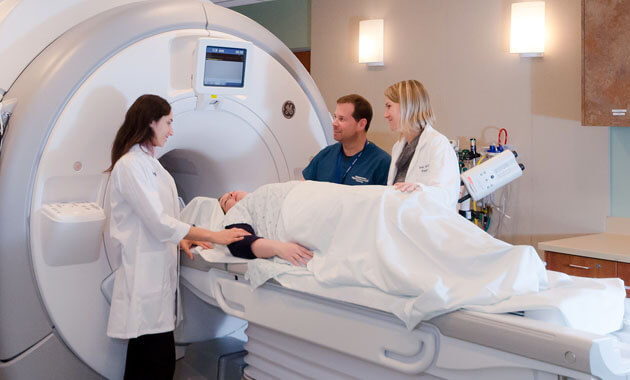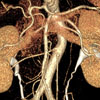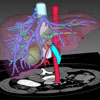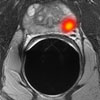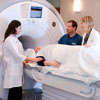Abdominal Imaging Division
The Abdominal Imaging Division of the UC San Francisco Department of Radiology and Biomedical Imaging is made up of internationally recognized abdominal imaging experts who diagnose and treat disorders of the liver, pancreas, colon, uterus, ovaries, prostate, and bladder. The Abdominal Imaging Division is focused on serving patients, conducting research, and training the next generation of radiologists.
Why choose Abdominal Imaging at UCSF
- Accurate Image Interpretation and diagnosis
- Comprehensive services for all abdominal diseases
- Patient–centered imaging
- Imaging with lowest levels of radiation
Who we serve
- Patients suffering from complications caused by cancers/tumors
- Patients who are at risk for cancer of the abdominal regions of the body
- People diagnosed with cancer of the abdominal regions of the body
- Transplant patients
Conditions we address
- Abdominal and digestive disorders
- Adrenal glands
- Bladder issues
- Cancer
- Colon conditions
- Colorectal polyps
- Gallbladder problems
- Fibroids
- Inflammatory bowel disease (Crohn's disease, ulcerative colitis)
- Kidney cancer (including renal cancer)
- Liver disease/transplants
- Ovarian disorders
- Prostate tumors/cancer
- Pancreatic cancer
- Small bowel disorders
- Tumors
- Urinary problems
- Uterine conditions
Abdominal Imaging Services
Who we partner with
- Patients and their families
- Researchers from our own and other institutions
- Donors and other visionaries committed to improving the lives of others
- Referring colleagues, including breast surgeons, medical and radiation oncologists, plastic surgeon, and genetic counselors
Who we are
- Faculty members
- Abdominal Imaging Fellows
- Postdoctoral fellows
- Research staff
- Medical and graduate students
Abdominal Imaging Faculty
Related Content
Kidney Cancer: Why Tumor Ablation May Be a Good Treatment Choice
Kidney Cancer: Why Early Treatment is Critical

